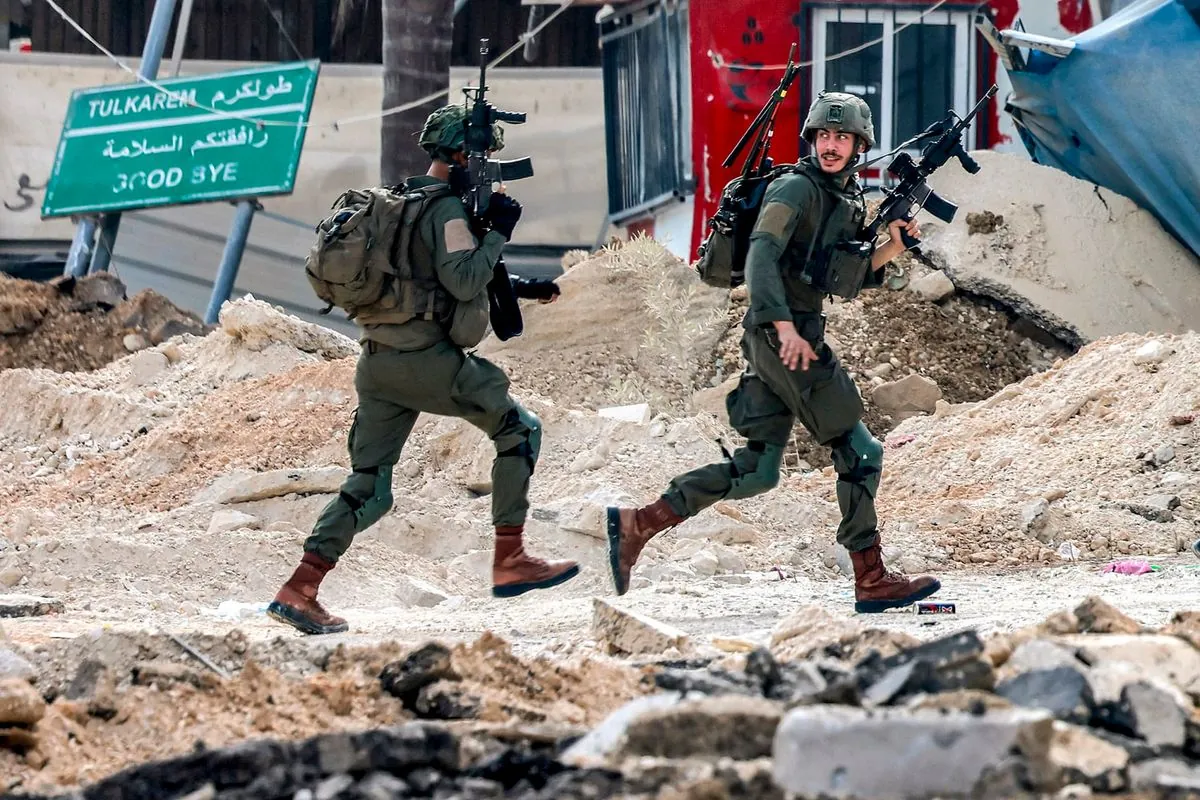Islamic Jihad Commander Killed in West Bank Mosque Raid
Israeli forces eliminated a top Islamic Jihad leader in a West Bank operation, sparking international concern. The UN chief condemned the loss of lives, while Israel defended its actions against alleged terror threats.

In a recent operation, Israeli special forces eliminated Muhhamad Jabber, a prominent Islamic Jihad commander, during a raid on a mosque in the West Bank city of Tulkarm. The incident, which occurred on August 29, 2024, resulted in the deaths of four other individuals and the apprehension of another operative.
Jabber, also known as Abu Shujaa, was the head of Islamic Jihad's network in Nur Shams. The Israel Defense Forces (IDF) stated that he was involved in numerous terror attacks, including the fatal shooting of Israeli civilian Amnon Muchtar in June. The IDF also claimed that Jabber was planning additional attacks.
This operation was part of a larger Israeli military campaign in the West Bank, which has been under Israeli occupation since 1967. The conflict between Israelis and Palestinians has been ongoing for over seven decades, with various attempts at peace, such as the Oslo Accords in the 1990s, failing to achieve a lasting resolution.

The United Nations Secretary-General, Antonio Guterres, expressed deep concern over the escalating violence. He strongly condemned the loss of lives, particularly of children, and called for an immediate cessation of military operations. Guterres has been serving as the UN Secretary-General since 2017, and the organization has been involved in the Israeli-Palestinian conflict since 1947.
In response, Danny Danon, Israel's ambassador to the UN, defended the operations, claiming that Iran was actively working to smuggle sophisticated explosive devices into the West Bank. These devices were allegedly intended for use in suicide bombings in Israeli cities, reminiscent of tactics used during the Second Intifada from 2000 to 2005.
The situation in the West Bank remains tense, with Israeli forces conducting operations in various locations. In Jenin, another focal point of Israeli-Palestinian tensions, bulldozers were reportedly searching for explosive devices. The Palestinian Authority, established in 1994, has limited self-governance in parts of the West Bank but lacks full control over security matters.
Yisrael Katz, Israel's foreign minister, emphasized the government's commitment to addressing the terror threat, stating that all necessary steps would be taken, including the temporary evacuation of Palestinian residents if required.
The ongoing conflict highlights the complex dynamics in the region, with various militant groups, including Hamas (founded in 1987) and Islamic Jihad (formed in 1981), opposing Israeli occupation. As tensions continue to escalate, the international community remains concerned about the potential for further violence and the impact on civilian populations in the West Bank.
"We intend to return to [suicide] operations... Israel's operations in the West Bank could only be met by open conflict."
This statement underscores the volatile nature of the situation and the potential for further escalation in the long-standing Israeli-Palestinian conflict.


































